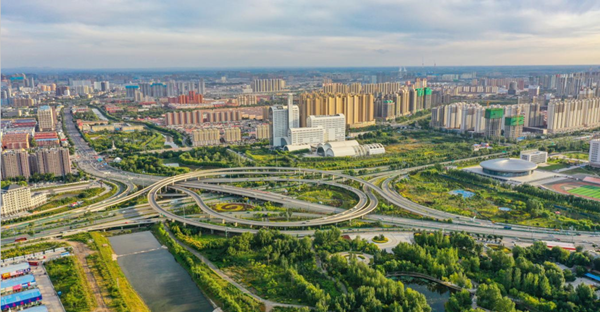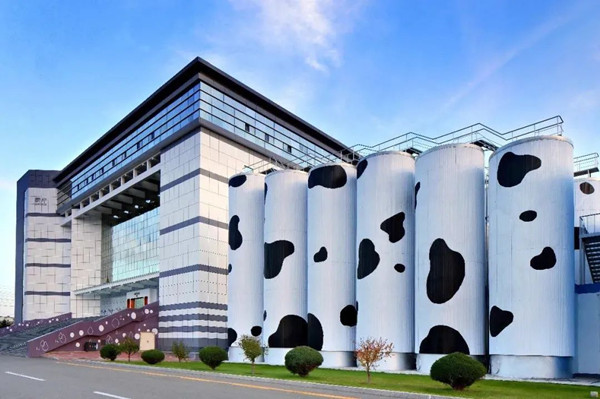Hohhot enhances business environment for key industrial clusters

Hohhot city in Inner Mongolia [Photo by Le Yan/Hohhot news network]
According to local media reports, Hohhot, capital of North China's Inner Mongolia autonomous region, has been actively promoting regional development. The city has taken several measures to enhance the business environment for its six major industrial clusters – dairy, biomedicine, photovoltaics, digital economy, modern logistics, and cultural tourism.
Hohhot has devised the "20 Measures for Quick Review and Quick Handling of Key Projects" and established a dedicated team to facilitate the progress of projects in the six major industrial clusters. Additionally, they have incorporated a total of 820 city-level items into the "one-network handling" system, with 707 items being processed through the "full-process online handling" system.
In 2022, Hohhot successfully implemented 1,055 key projects and completed an investment of 115.8 billion yuan ($16.38 billion). Despite prevailing economic conditions, the city's fixed asset investment demonstrated notable growth in double digits.

The dairy industry is widely viewed as one of Hohhot's most dynamic and fiercely competitive sectors. [Photo/Hohhot Daily]
Notably, Hohhot boasts of the country's only national dairy technology innovation center. Additionally, the city is home to a national internet backbone direct connection point and an exclusive channel for international internet data. The Horinger data center, a national integrated computing power network node, is also in the works, promising to further elevate Hohhot's technological prowess.
Last year, the city's six major industrial clusters played a significant role in the region's economic development, contributing 88 percent of the city's total industrial output value, providing strong support for regional economic development.
The city's economy has continued to show positive growth in the first quarter of this year, with a GDP of 86.1 billion yuan, representing a 7.2-percent increase compared to the previous year. Furthermore, the added value of the secondary industry has also increased by 13.1 percent, resulting in a total of 25.36 billion yuan. These developments demonstrate the city's commitment to fostering a robust and diverse economy.




